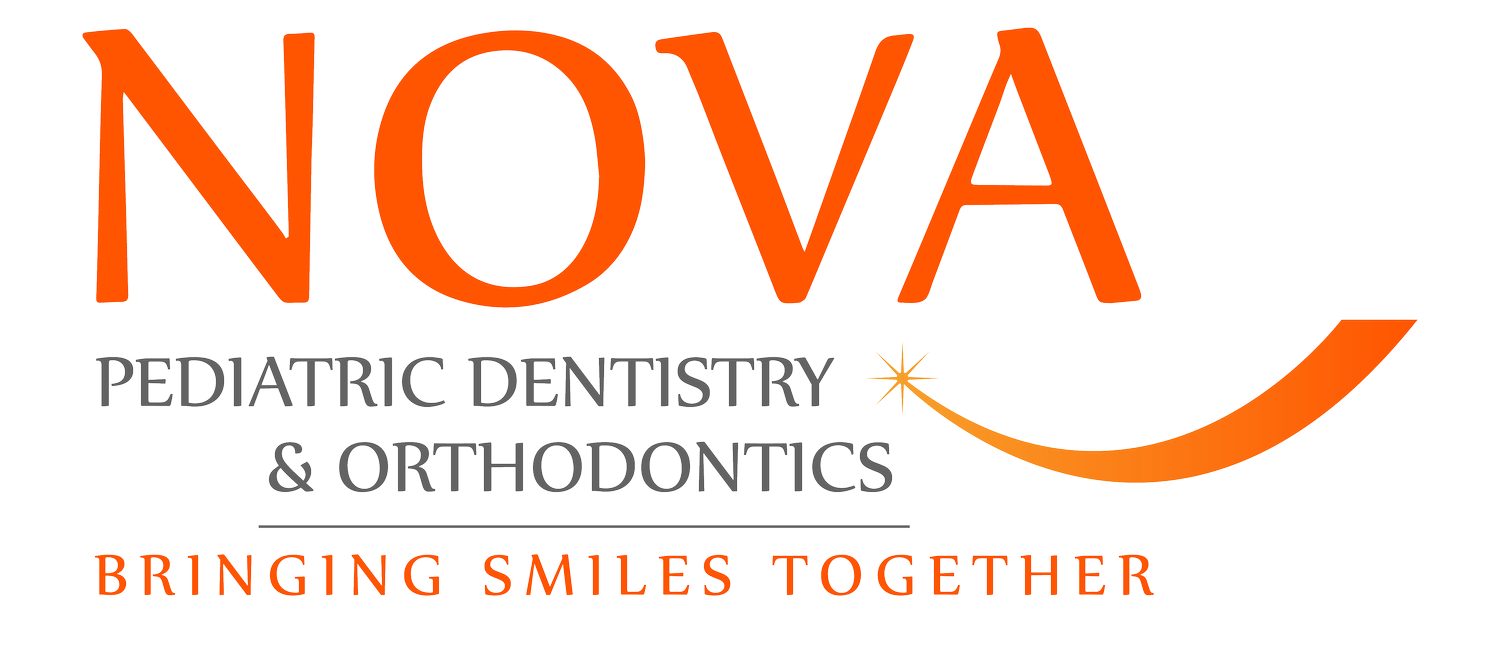Is it better to see a dentist or orthodontist?
The choice between seeing a dentist or an orthodontist largely depends on your specific dental needs.
-
General vs. Specialized Care: Dentists provide routine dental care, while orthodontists focus on aligning teeth and correcting bites.
-
Preventive vs. Corrective Services: Dentists emphasize preventive care; orthodontists offer corrective treatments for alignment issues.
-
Referral Process: Dentists often refer patients to orthodontists if alignment problems are detected during routine exams.
-
Age Considerations: Children should see an orthodontist by age 7 for an initial assessment, while adults can visit as needed.
Understanding the Roles
What Does a Dentist Do?
Dentists are primary care providers for oral health, performing routine check-ups, cleanings, and preventive care such as cavity fillings and gum disease treatment. They focus on maintaining overall dental hygiene and health, making regular visits essential for everyone. If a dentist identifies alignment or bite issues during an examination, they may recommend seeing an orthodontist for specialized care.
In some cases, patients may benefit from both types of care. For instance, a dentist may manage general dental health while referring the patient to an orthodontist for specific alignment concerns. This collaborative approach ensures that all aspects of a patient’s oral health are addressed.When to See Which Specialist
- Routine check-ups and preventive care.
- General dental issues, such as cavities and gum disease.
- Education on maintaining oral hygiene.
- Concerns about tooth alignment or bite problems.
- Recommendations for braces or orthodontic appliances.
- Specialized treatment plans for complex dental conditions.
What Does an Orthodontist Do?
Orthodontists specialize in diagnosing and treating misaligned teeth and jaws. Their focus is on correcting issues such as overcrowding, gaps, overbites, and underbites using braces, aligners, or other appliances. Their advanced training in the growth and development of teeth allows them to create tailored treatment plans that address complex dental issues.
While some general dentists can provide orthodontic treatments, orthodontists have the expertise to handle more complicated cases. If a patient has severe misalignment or is considering braces, consulting an orthodontist is typically the best course of action.
Conclusion
Both dentists and orthodontists play crucial roles in oral health, but their functions are distinct. Dentists provide general care and preventive treatments, while orthodontists specialize in correcting alignment and bite issues. If you're unsure which specialist to see, start with a dental check-up. Your dentist can help determine if a referral to an orthodontist is necessary for your dental needs.
For more personalized advice on your oral health, schedule an appointment with your local dentist today!


